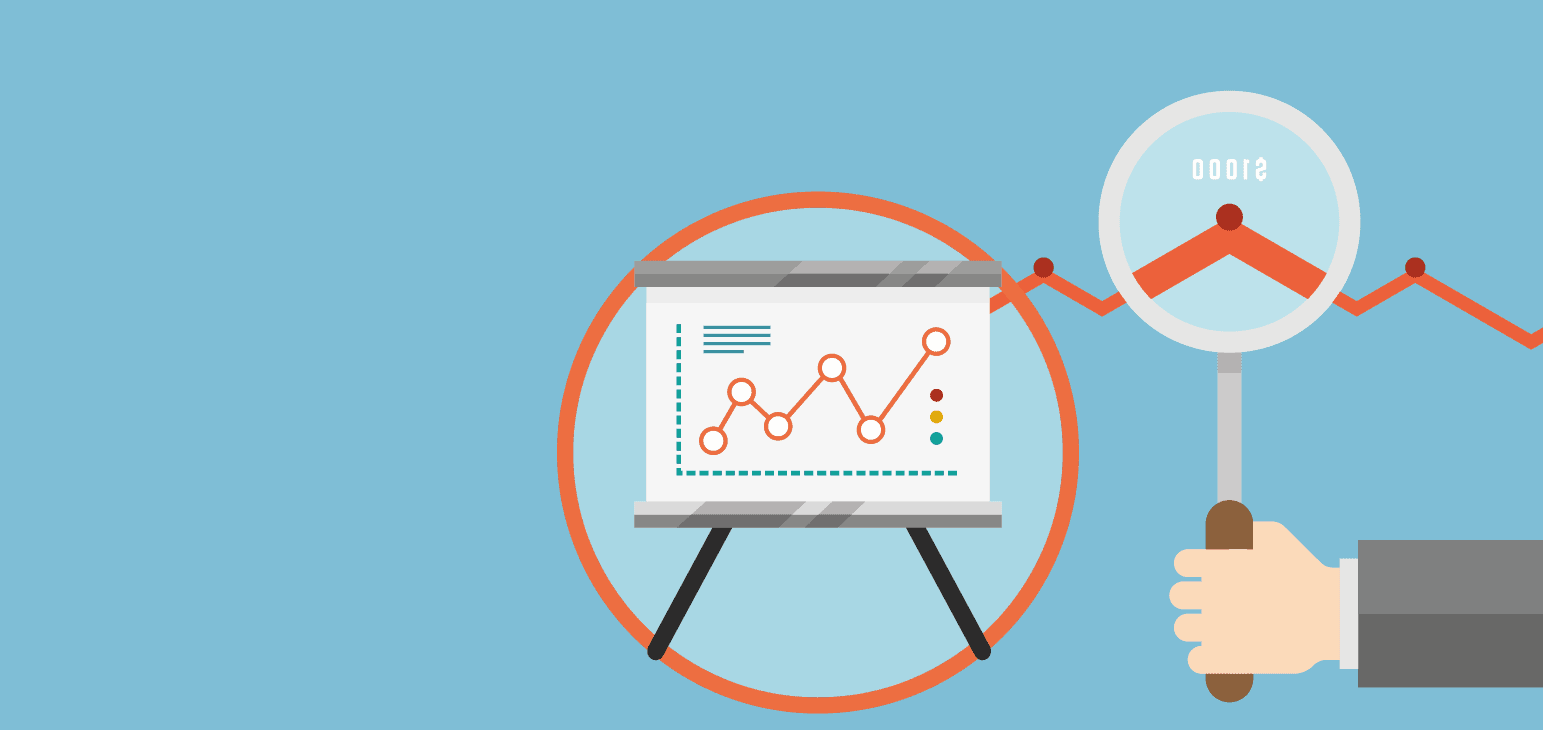This is the age of data revolution and it’s the biggest contribution so far has been a data-driven society that thrives on personalization. There’s no doubt that data allows us to see and perceive the world the way we want to – and quite interestingly, businesses are striving hard to meet this unique demand.
Take, the year 2018, for instance: It saw new data technologies being pushed from test to production to power business intelligence. Why? Because B2C organizations wanted to (and still want to) enter the minds of their target customer base to understand and analyze the various buying patterns and behavior.
Trust us: their efforts have shown results and this was possible only because of a very powerful word – data!
What is data analytics?
It is the science of examining data based on information that is already known by the researcher – with the purpose of arriving at a decision for accelerating business growth. Many industries and sectors use this technique to verify or disprove existing theories or business models.

Data analytics is often confused with data mining – which refers to the process of mining relevant information from a large set of raw data. Data analytics, on the other hand, is based on the science of inference.
Why is Data Analytics Important?
Nowadays, data is an object whose value is incalculable. Data Analytics Trends is increasing, and the rate of growth is also very high. Although, it helps an organization to tackle the data and utilize it to find new opportunities in Data Analytics. This leads to more smart business moves, higher profits, efficient operation and happy customers.
In this case, it is crucial for business has changed the world. Some of the ways this has impacted the business include the following.
- Improving efficiency
- Cost reduction
- Market Understanding
- New products and services
- Faster and Better Decision Making
- Industry Knowledge
Data analysis helps in doing this by transforming raw data into a human or machine usable format from which information is being drawn.
Benefits of Data Analytics
Today businesses can collect data at every point of the customer journey. In order to, this information includes the use of the app development, digital clicks and interactions on social media that is entirely unique to its owner. Businesses can benefit from analytics to drive positive outcomes for business and its customers, while still maintaining and facilitating the highest level of data protection. Some of the benefits are:
- Delivering relevant products
- Personalization service
- Mitigating risk
- Improving efficiency
- Proactivity and anticipating need
7 Things You Should Know About Data Analytics
To apply data analytics to ensure the growth of your business, here are 7 things you should know about this concept.
1. Different sectors, different functions
Data analytics has different end-meanings and uses depending upon the type of industry or business. From online analytical processing (OLAP) to CRM analytics employed in call centers, this technique is omnipresent.
In addition to this, data analytics is also employed in banks and credit card companies that analyze withdrawal and spending patterns so as to prevent fraud or cases of identity theft. In the IT industry, the term holds a different meaning altogether.
Data analytics is used in the context of IT audits as well, when the controls for an organization’s information systems, operations, and processes are examined.
2. Purpose to make processes transparent
Since there is so much data around us, it is always not possible to make sense out of everything. Systems would fail, researchers would be unsuccessful and time would be lost in the entire process. With data analytics, businesses can get help in making their processes transparent, thereby increasing accuracy.
3. Cost reduction
Big data requires huge databases to store vast quantities of facts and figures. Today, most businesses are employing big data technologies not to replace the existing (traditional) data architectures but to improve their performance.
As mentioned earlier, data analytics doesn’t make use of large quantities of data but employs data as and when the analytical or application need arises. This not only saves the businesses a lot of money and time but also gives them better, far more favorable results in the end.
4. Quicker decision making
If a business embraces data analytics, it allows itself faster decisions. Why? Because with the kind of data any organization will have access to, it will become extremely easy to understand the existing customers and even focus on meeting the needs of a fresh buyer base.
The business can then steer all marketing and sales efforts to that particular direction of executing real-time campaigns to grab the attention of the potential customer. Data analytics gives direction to the businesses for sure!
5. Faster product or service creation
Why not? With access to so much data, businesses can certainly gauge the market and easily know where the demand is and for what. Online companies have already tapped into this particular characteristic. And they have been doing so for the last 10 years or so – but today, even offline firms are ensuring they stay ahead of the game and make the most of this technology.
6. Bridging operational gap
Organizations have a massive number of analytical weapons in their arsenal. However, they should be capable to choose the ones that clearly point out the on-going operational gap. This ensures that organizations do not have any internal sinkholes. By leveraging marketing analytics, bridging this gap becomes insanely easy.
7. Keep your streams of data current
Real-time data analytics are the optimal option because they allow marketers to act on information as its happening. The focus is on fresh data so your decisions are made based on what’s best for your current market. Marketers have to learn how to use data science for their work on a global scale, and they need to position themselves for success.
Get a plan of action with Wigzo
Huge data sets often confuse businesses. Sometimes they don’t have the right personnel to manage data and sometimes they don’t have the correct software. So to make sure they don’t lose out on time and money, Wigzo helps to convert user data into predictive insights and suggests the best plan.
The four major features of this marketing automation suite are as follows:
1. Track: Wigzo’s machine learning tools track user behavior, understand your content and then create global profiles.
2. Analyze: It analyzes data to the granular level for each user and builds a complex graph for each activity. The most important task is sorted for marketers!
3. Engage: It processes the information to create the right message (to be sent on the right device at the right time) to draw customer engagement.
4. Predict: Wigzo divides the users into two groups – active and dormant. It gives a clear idea about who will stick to your product and who will not!















